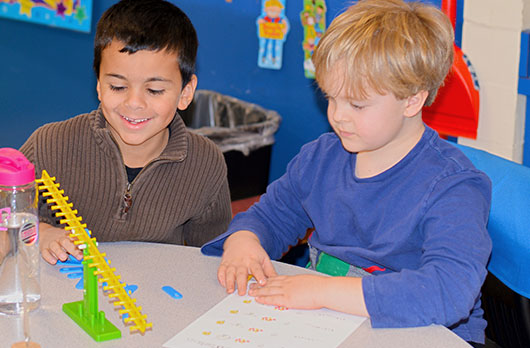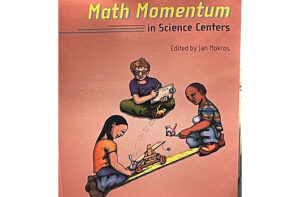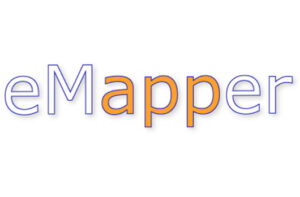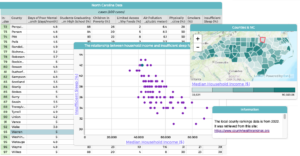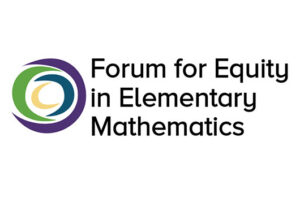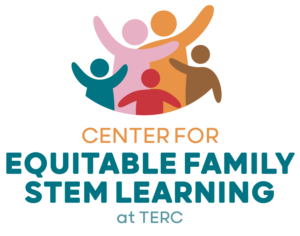Just Say Yes to Early Algebra!
Ana Stephens, Maria Blanton, Eric Knuth, Isil Isler, and Angela Murphy Gardiner
Teaching Children Mathematics, September 2015, Vol. 22, Issue 2
Summary
Researchers find that these classroom activities and instructional strategies support the development of third-grade students’ algebraic thinking. Mathematics educators have argued for some time that elementary school students are capable of engaging in algebraic thinking and should be provided with rich opportunities to do so. Recent initiatives like the Common Core State Standards for Mathematics (CCSSM)(CCSSI 2010) have taken up this call by reiterating the place of early algebra in children’s mathematics education, beginning in kindergarten. Some might argue that early algebra instruction represents a significant shift away from arithmetic-focused content that has typically been taught in the elementary grades. To that extent, it is fair to ask, “Does early algebra matter?” That is, will teaching children to think algebraically in the elementary grades have an impact on their algebra understanding in ways that will potentially make them more mathematically successful in middle school and beyond?


